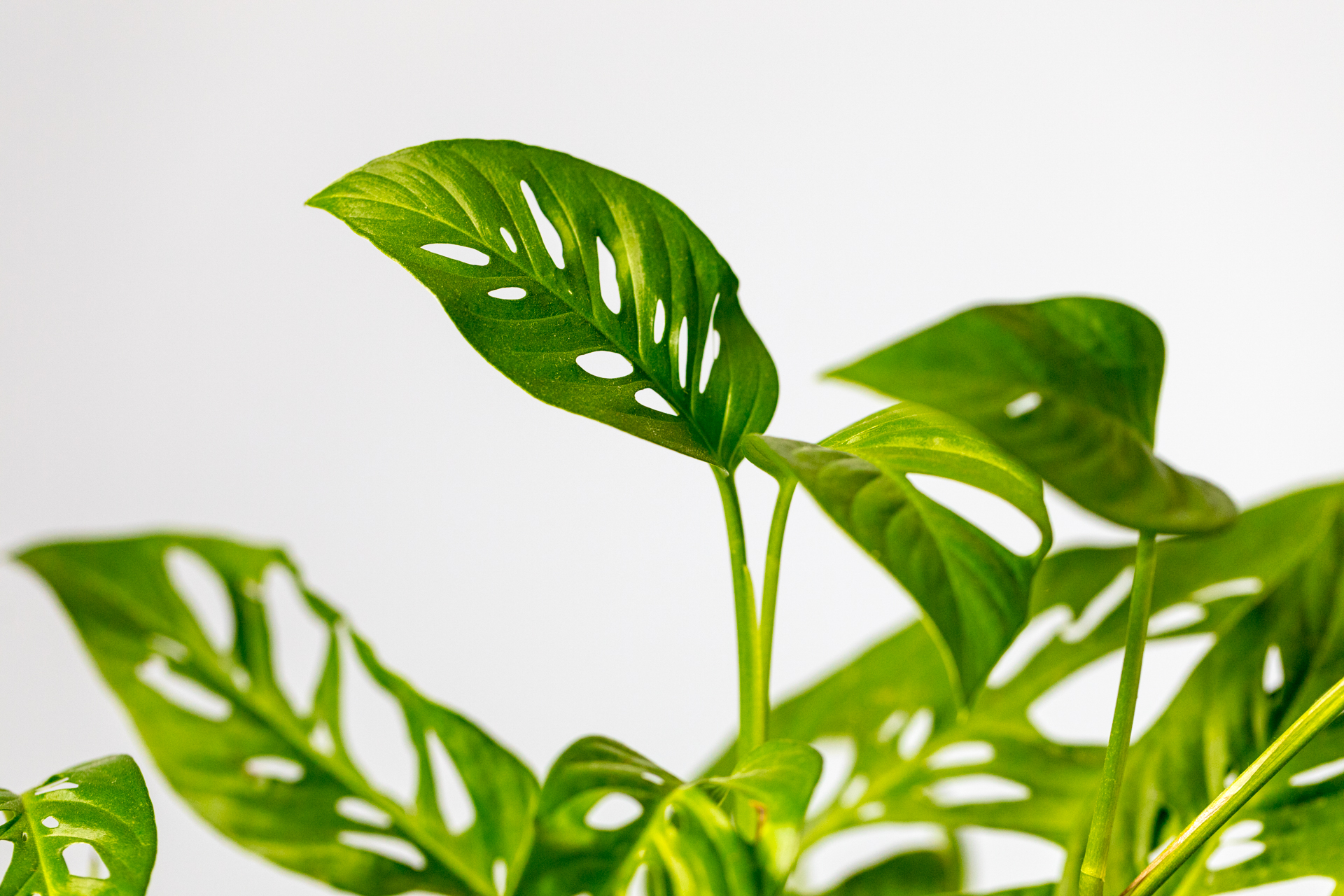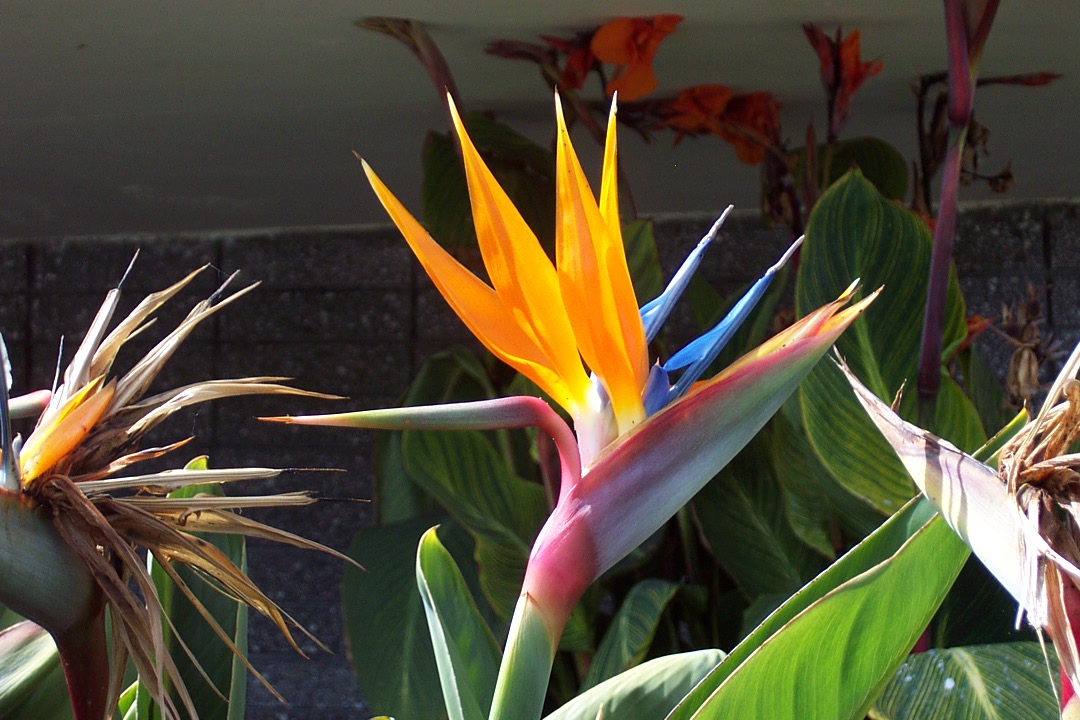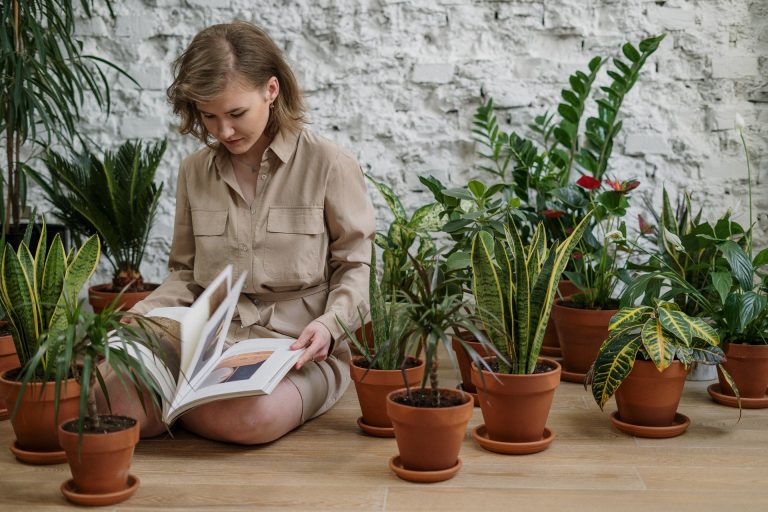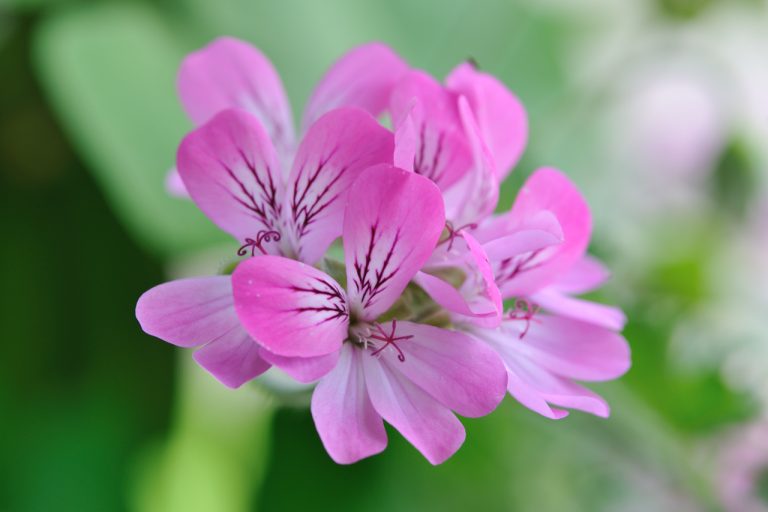Most gardeners are familiar with the term “companion planting,” the practice of placing certain plants in the vicinity of others with which they have been shown to have a beneficial relationship with; but plants can also have a beneficial relationship with people.
Indoor gardening is growing in popularity, particularly among South Koreans. In recent years, many young working professionals who live alone have become interested in parenting potted plants, and started to share their findings with one another online. People who appreciate and cherish plants, or “plantsmen,” understand that they are living beings, deserving of the term “companions,” rather than just decorations.
According to an article by Park Yuna for The Korea Herald/Asia News Network, Choi Seol-gi, 26, felt a bit homesick when she first moved into her studio apartment last year. That’s when she was inspired to adopt some plants, bringing a new one home nearly every month. Over the past year, she has accumulated seven houseplants.
“As human beings, we have a desire to be loved, but the important thing is that we also have a desire to give love and care too. I feel so happy when I care for my plants,” Choi said.

When she comes home from work, as soon as Choi enters the door, she catches the fresh, pleasant fragrance of her orange jasmine (Murraya paniculata) wafting throughout her apartment, and feels instantly at ease. Choi adopted the young jasmine plant last summer, and is pleased with how nicely it has done.
Success
You are now signed up for our newsletter
Success
Check your email to complete sign up
In the entrance hall of her apartment, the emerald-green foliage of a Guiana chestnut tree, Pachira Aquatica, greets her eyes. In the wild, this tree can grow to a bushy height of 18 meters. They do well indoors, but the size is an issue; so multiple stems of small specimens are often braided to make an attractive house plant.
Choi then goes to check on her “Swiss cheese plant” (Monstera Deliciosa). The tropical climbing plant seems to be very happy, it has large heart-shaped leaves, marked by oblong holes, (called “fenestration”) which make it look somewhat like Swiss cheese. It simply makes her large living room ”come alive” with its vibrancy.
“I almost killed the Swiss cheese plant last year, the first plant I adopted,” Choi said. “I was so sorry for my plant, thinking that I was abusing my plant. I feel like they have become my kids. That is why I say ‘adopt,’ not ‘purchase’ or ‘buy’.”
Alocasia, commonly known as elephant ear, fills Choi’s living room with its bold foliage – heart-shaped leaves that can grow to be over three feet long in the wild. Choi enjoys watering her Alocasia plant and takes care to keep the plant’s roots slightly moist. To promote lush, healthy vegetation, she regularly mists the plant to maintain the humid environment similar to what it would have in its natural habitat.

Bird of Paradise (Strelitzia Reginae), known as the “indoor queen of plants,” is South Africa’s gift to the world. It thrives in sunny areas across the globe, from Florida to Jamaica, southern California, and Hawaii. In addition to its broad tropical leaves, the evergreen perennial features spectacular fan-shaped blooms, a cheery addition to any home. To keep the leaves looking tidy, Choi uses a damp cloth to dust them every few weeks. As long as she has her plants, Choi is happy to stay at home with them for a few hours.
Almost 30 percent of all households in South Korea are single-occupancy, offering a large market for indoor plants. Caring for plants is becoming highly popular, as singles find it a rewarding activity that wards off loneliness, and even fosters emotional bonds.
Inspiration for authors
Lim Elang, also living alone in South Korea, took such a liking to indoor gardening that she has accumulated over 100 plants. Although the bass guitarist for the rock band Dear Cloud had no prior horticultural experience, watering and caring for her photosynthesizing friends has become second nature to her.
Many people find plants as enjoyable as pets, and much less expensive. Lim published a book on the subject last year, in which she suggests that companion plants have their own merit, and are not merely substitutes for animal pets.
“Plants and I soon became friends. I did not have to dress up or put on a fake smile in front of the plants to introduce myself,” Lim wrote in her book. “Plants grew as much as the care I gave. This healthy way of reaction made me happy.”
Opportunity for commerce
“Leafy,” an exciting new South Korean business that sells plants online, has already amassed over 70,000 Instagram followers. Nine young professionals run the company, including Jeon Je-il, the manager, who started indoor gardening while living alone. “Indoor gardening was once regarded as a grandparents’ thing by many younger people, and I never understood why my grandmother would constantly stroke the leaves of plants. But now I do the same and I feel at peace,” he admitted.
For younger plant enthusiasts on social media, Leafy offers innovative services like “Plant Space,” which collects direct conversations from Instagram about growing plants, and shares them with members, “We are also thinking about a new project of sharing plants,” Jeon said. “It would be interesting if people could exchange offspring from the plants they grow.”
The trend of caring for plants among young people began three years ago, according to Shin Ji-eun, who runs Kkot Jieun, a flower shop in Nonhyeon-dong, south of Seoul.
“There are many studio apartments near our store and even male customers regularly visit to buy plants,” she said. “I recommend Dracaena Stuckyi and Sansevieria Moonshine for novices.”
Plants alleviate depression
In a study conducted by the Seoul Metropolitan Government last year of senior residents who were given plants by the city government, 92 percent said that caring for their plants alleviated depression and sadness.
According to Kim Won-soon, an environmental horticulture professor at the University of Seoul, the popularity of companion plants is linked to the rise in single-person homes.
“Plants show slow reaction, but we get a sense of comfort by caring for plants as companions,” Kim said. “If you live alone, taking care of animals is difficult, and sometimes it can even be stressful. But plants are different,” he said.
Given that we live in an urban environment where we are subjected to high levels of stress on a daily basis, nature, such as indoor gardening, will also help us relax,” Kim added.
According to researchers from South Korea’s Agricultural Biotechnology, plant growth is encouraged by music and the human voice. So, there is no need to be shy. Talk to your plants, sing to them, play some nice music that you can enjoy together.















